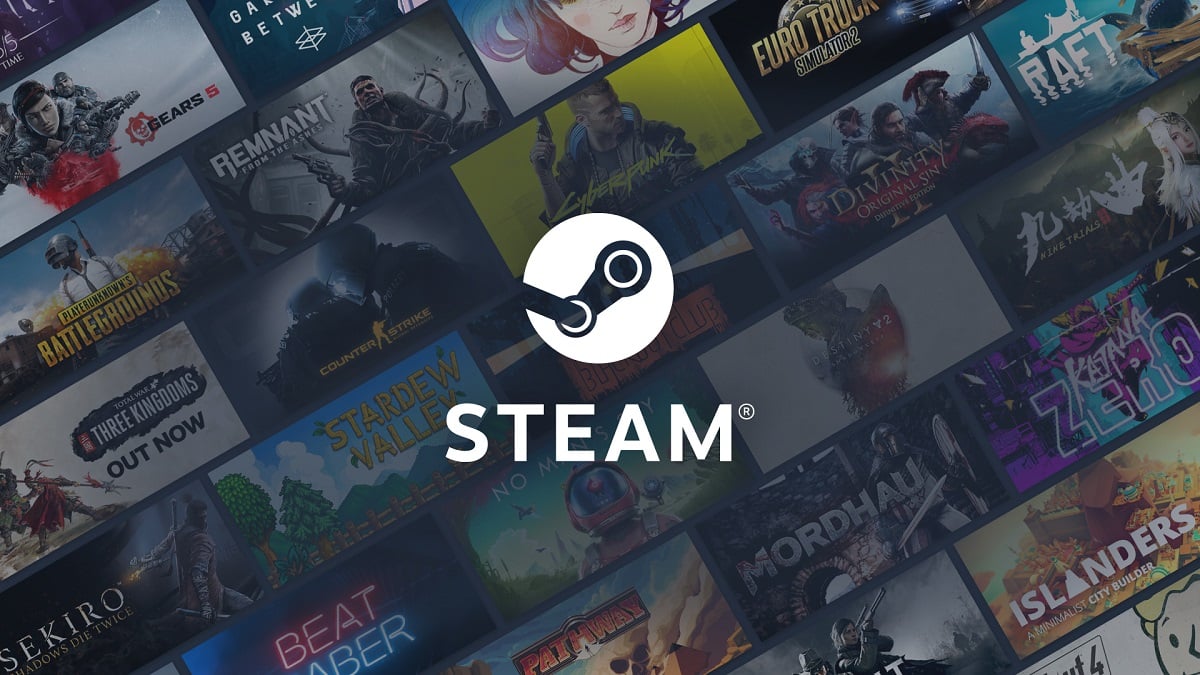Steam is changing what devs can and cannot put in game descriptions
Steam has been the head honcho of the digital PC gaming world pretty much since it came out, around 20 years ago. Of course, in order to stay ahead of the curve, it needs to be vigilant about how it allows game developers to operate on its platform.
As a result of some noted challenges recently, Steam has decided to make some changes to the description pages, making new rules about what studios can and cannot put in these sections. These changes will be rolling out in “early September,” so devs have a bit of time to make any alterations to their own product description pages.
The rules will affect the “About the Game,” “Short Description,” “Special Announcement,” and “Awards” sections, and are as follows:
- No links to other websites – This means that you cannot use your store page to link to any other website, including social media pages. There are specific link fields provided within your store page editor for linking to common social media platforms or your own website.
- No embedded imagery that mimics Steam store UI or buttons – You should not have images or animations that are meant to look like Steam UI such as images that look like wishlist buttons or game capsules or prices.
- No images, links, or widgets pointing to other games on Steam – This means that you cannot use your store page description to advertise other products on Steam. If you have related products, you can set up bundles, franchises, or developer homepages.
To discourage linking to other Steam store pages
Going forward, come September, studios will be required to make the necessary changes to descriptions for each of their games. Steam says, when the time comes, any store pages that have links will be recognized and will be removed automatically. Things like social media links are still encouraged, but only within the “Basic Info” sections.
It seems these rules are being implemented to put an end to developers linking out to other games that are “effectively advertisements for OTHER store pages on Steam.” This includes instances in which games were being released as “prologues,” which are not against any rules, but were deemed somewhat confusing for some users.
Having said that, prologues are still permitted on Steam, but the company has stated that these are best labelled as demos, which have become a “much better path for building an audience and directing players to your full game.”

